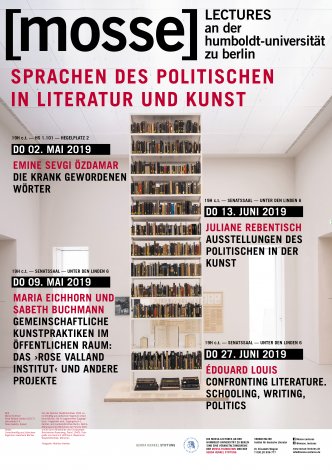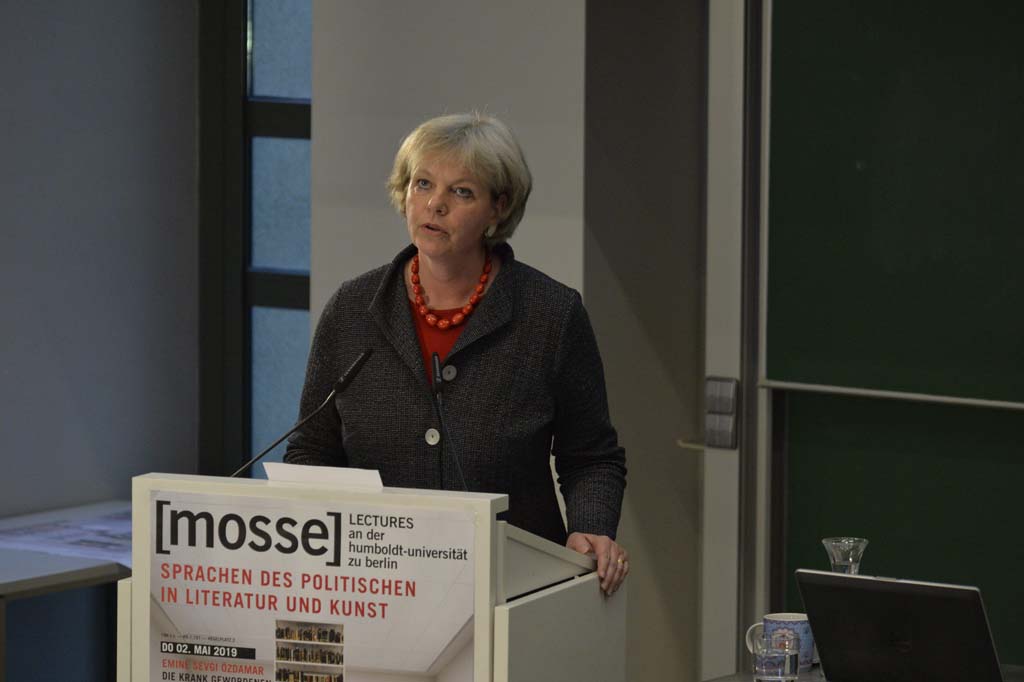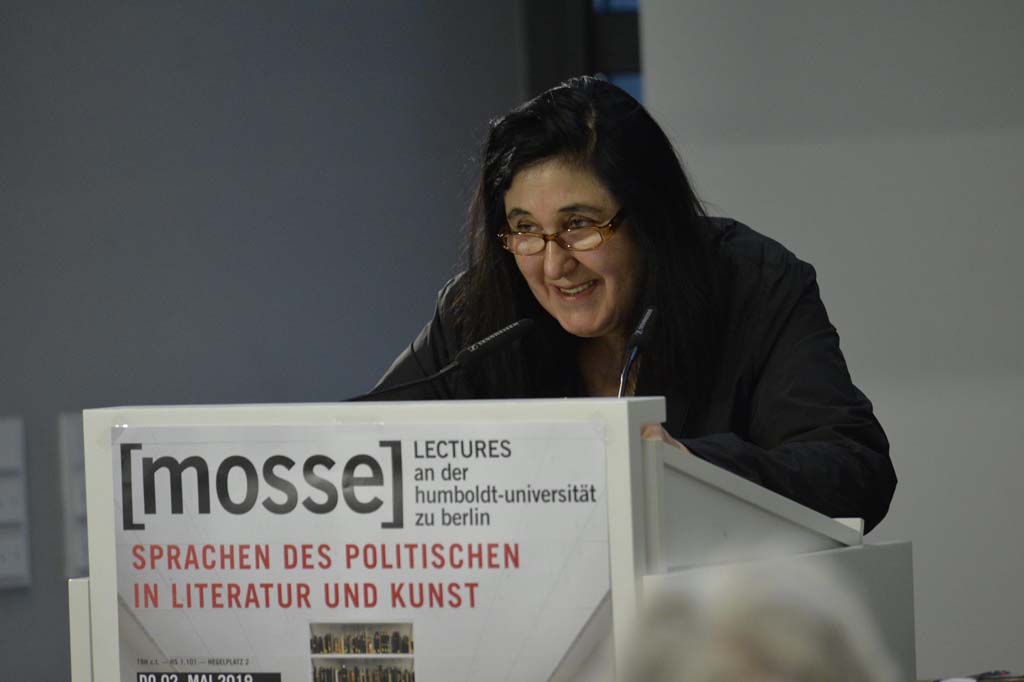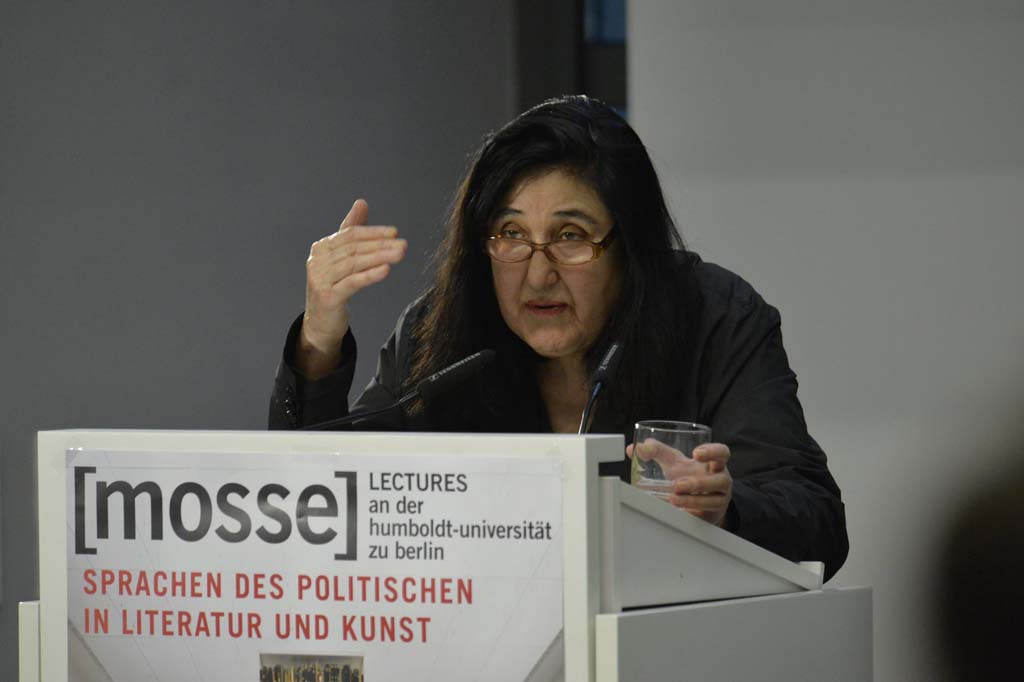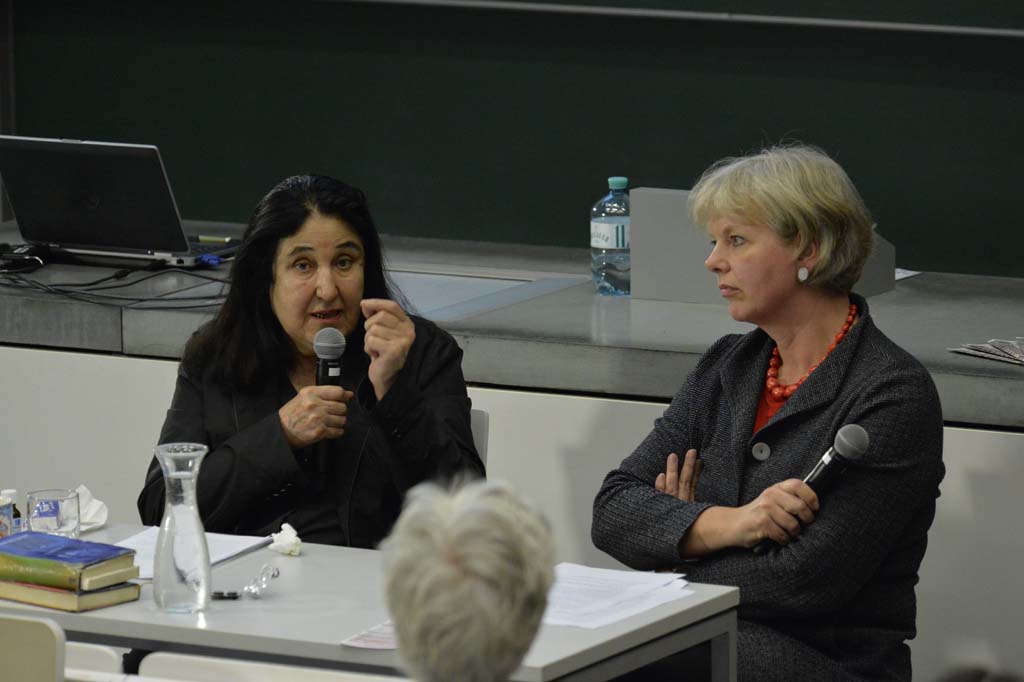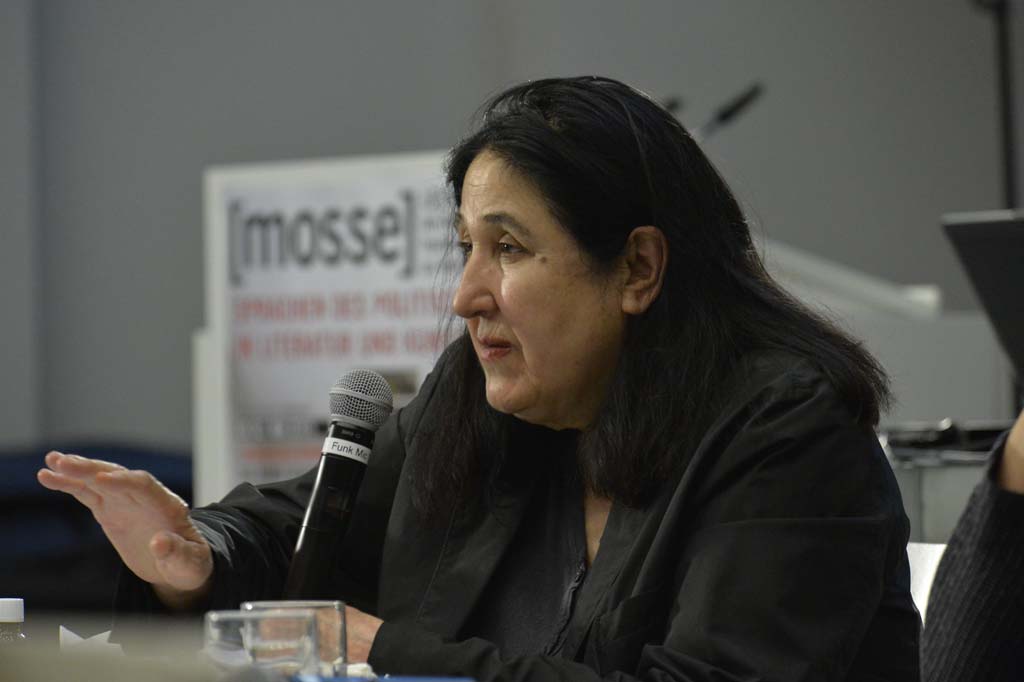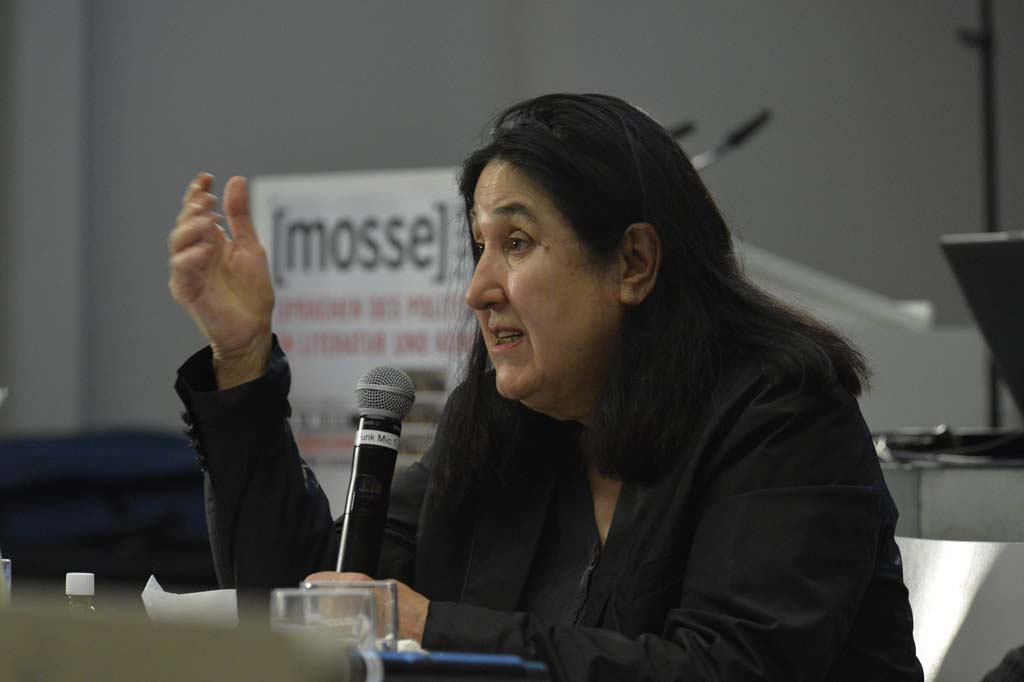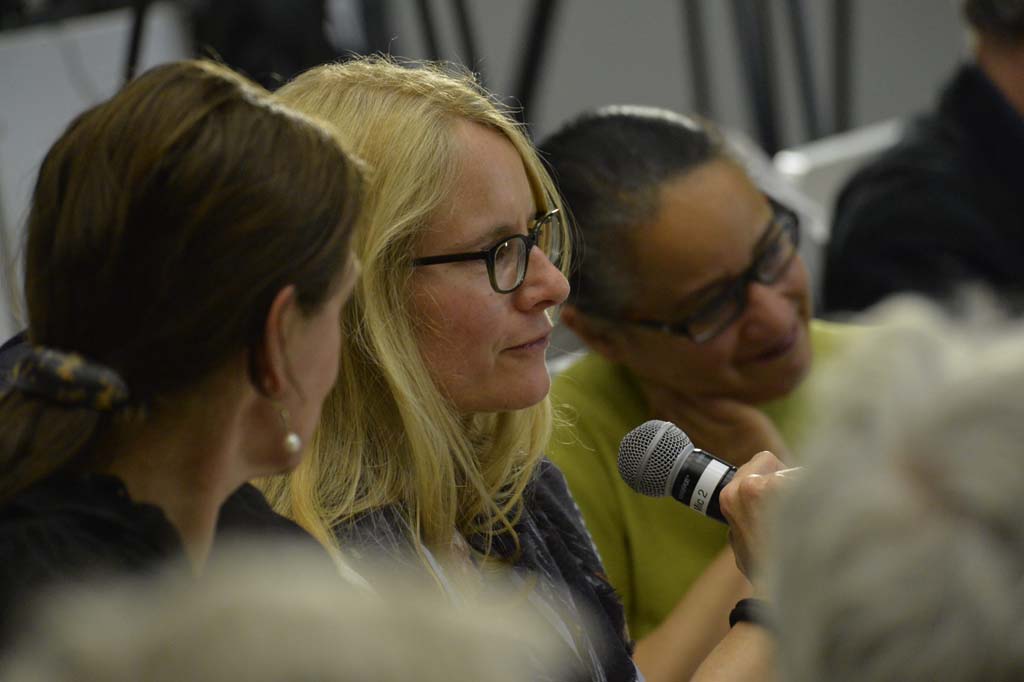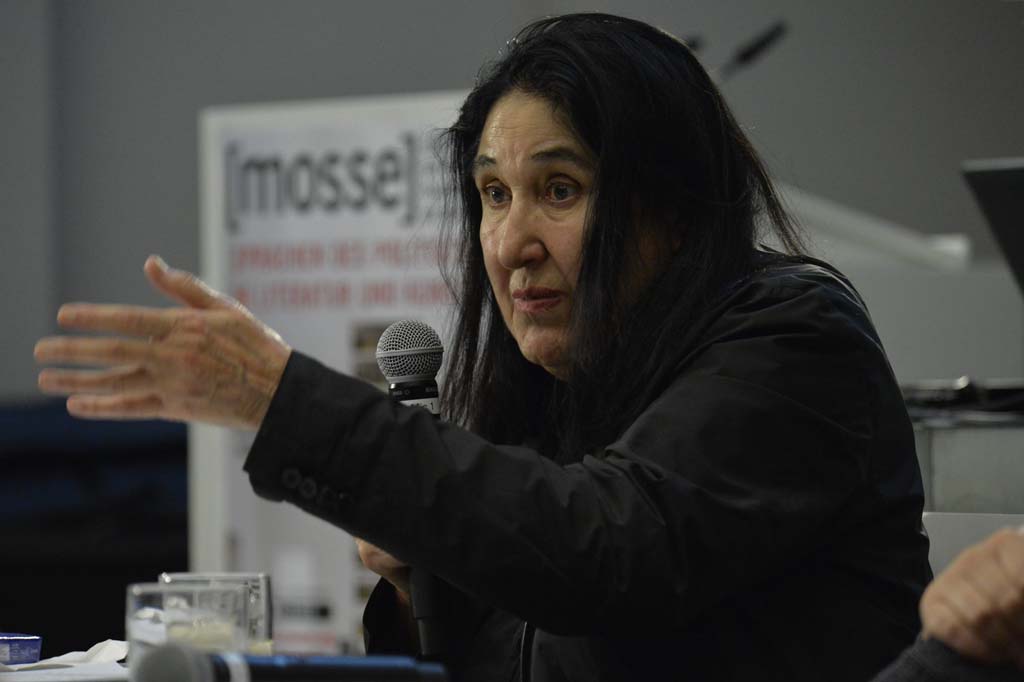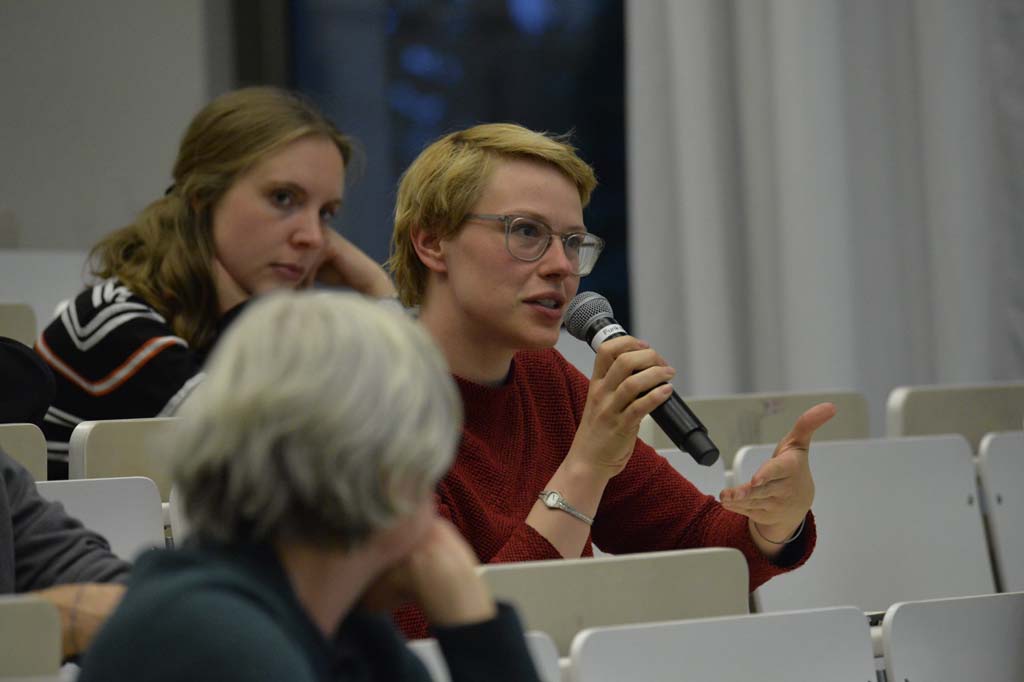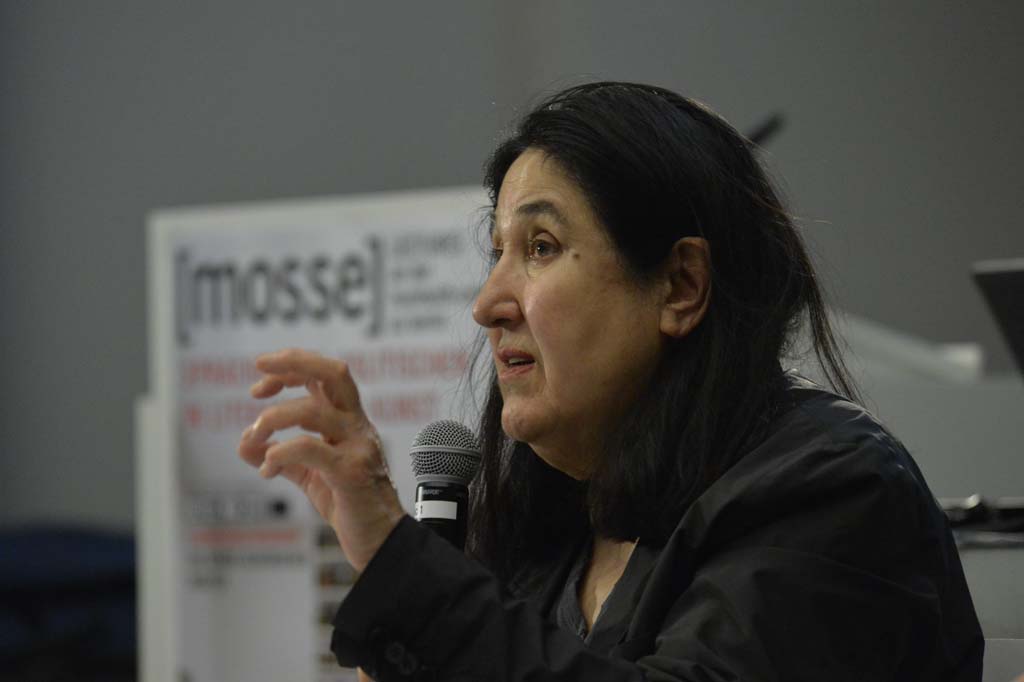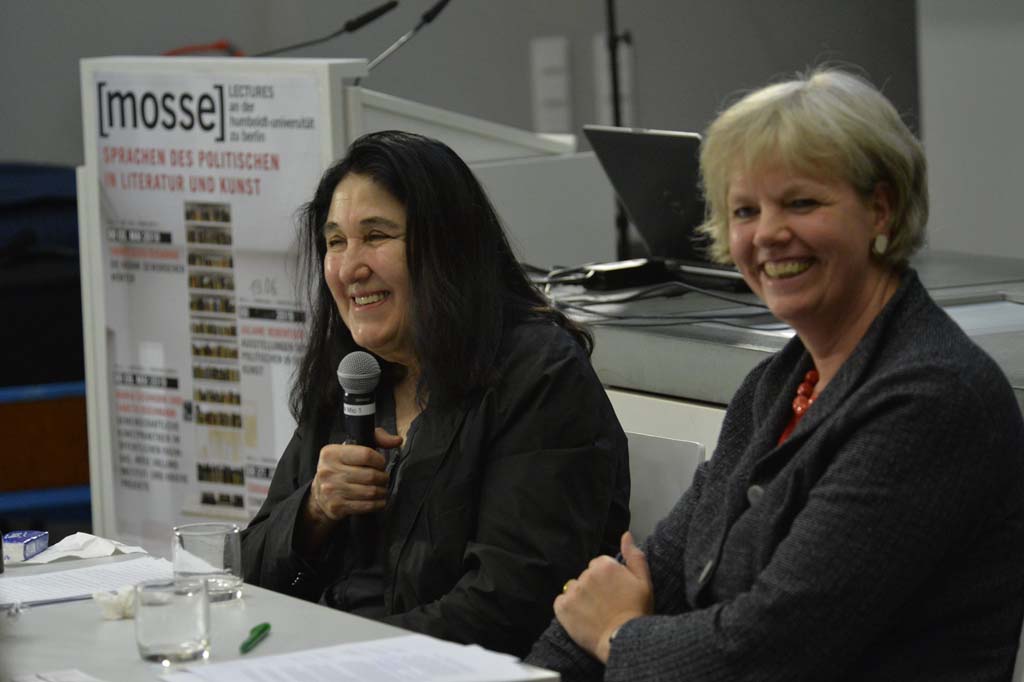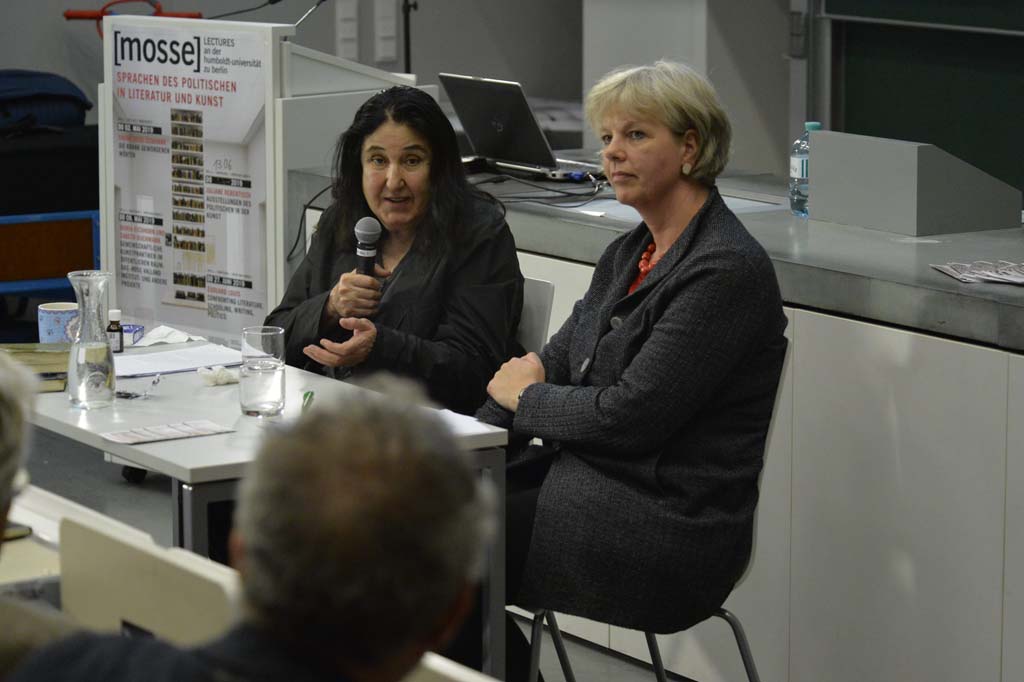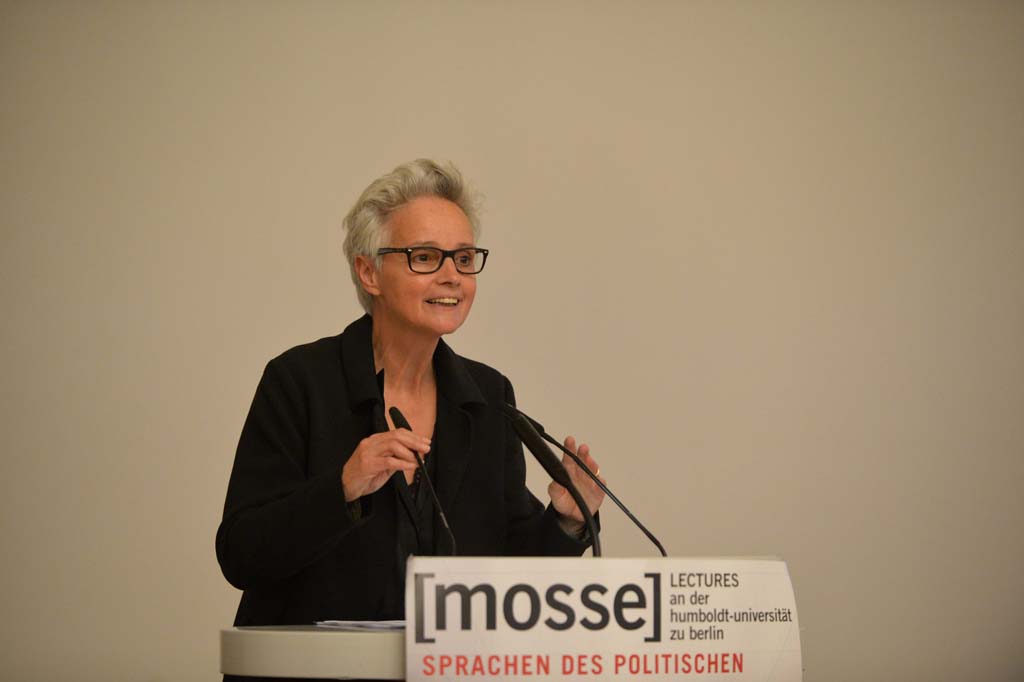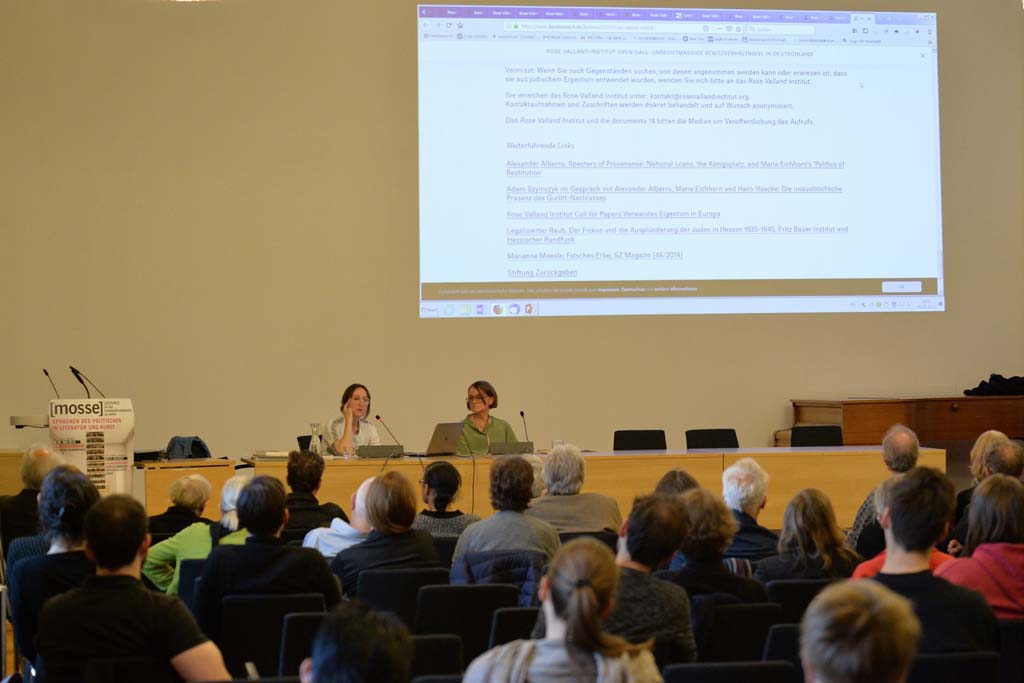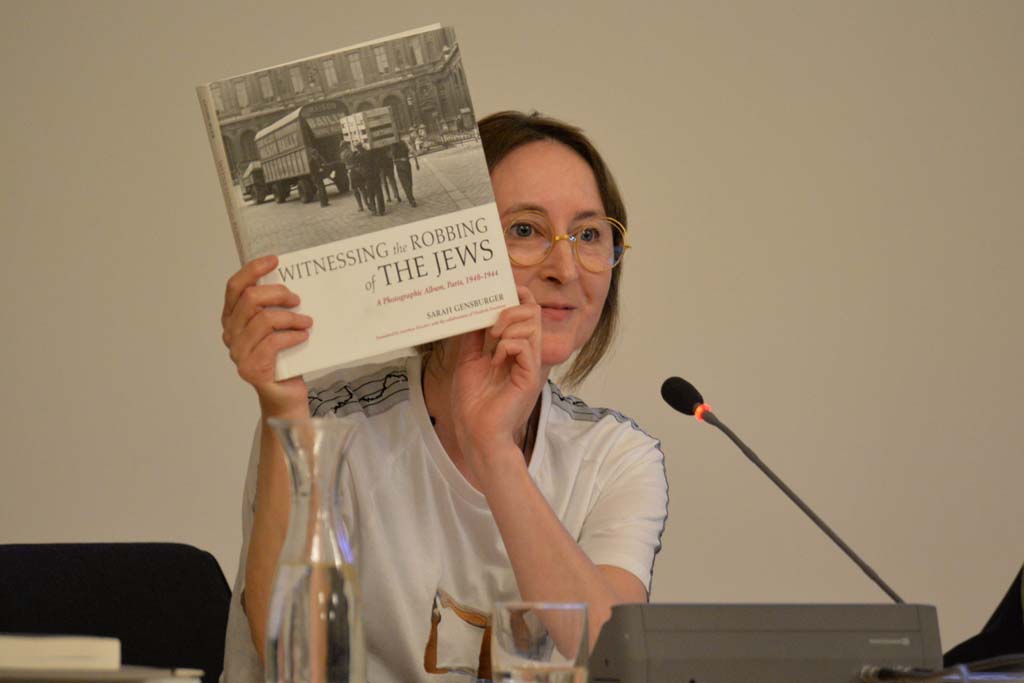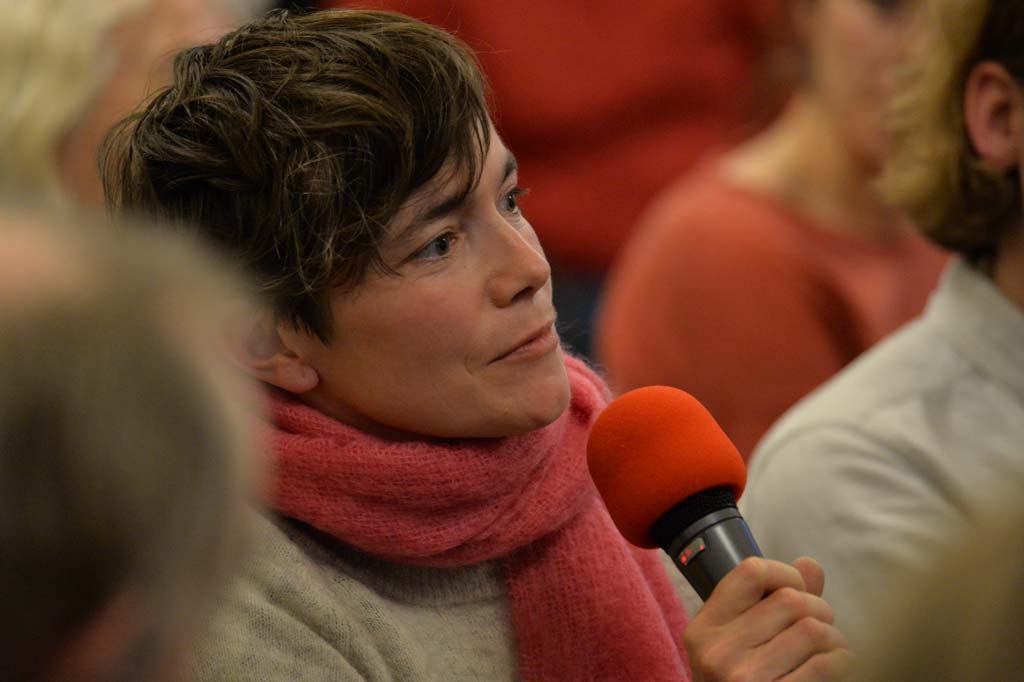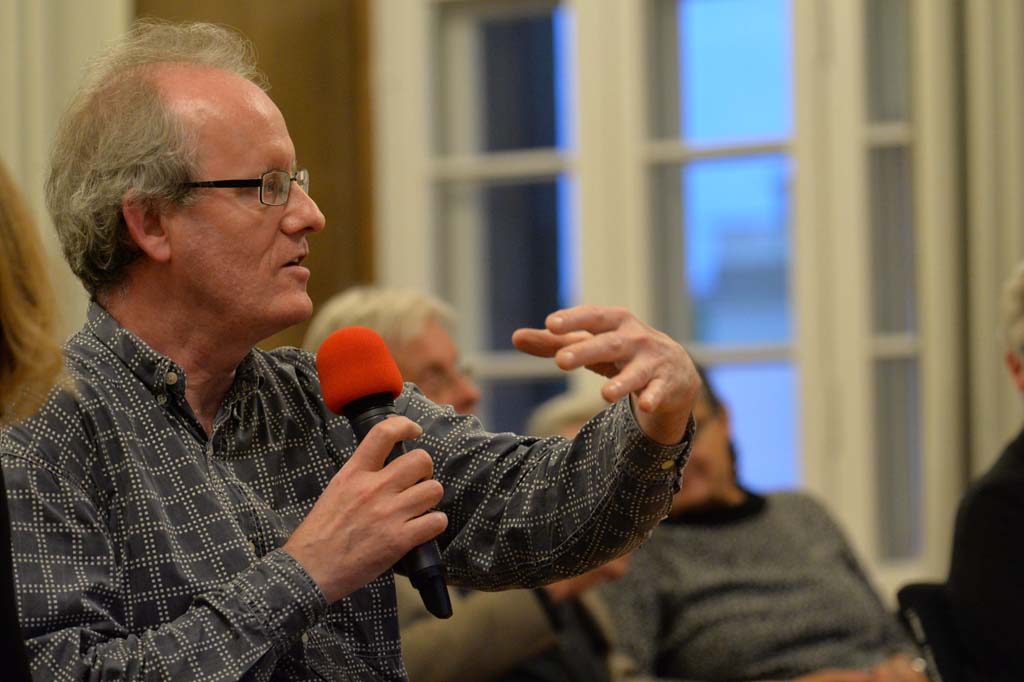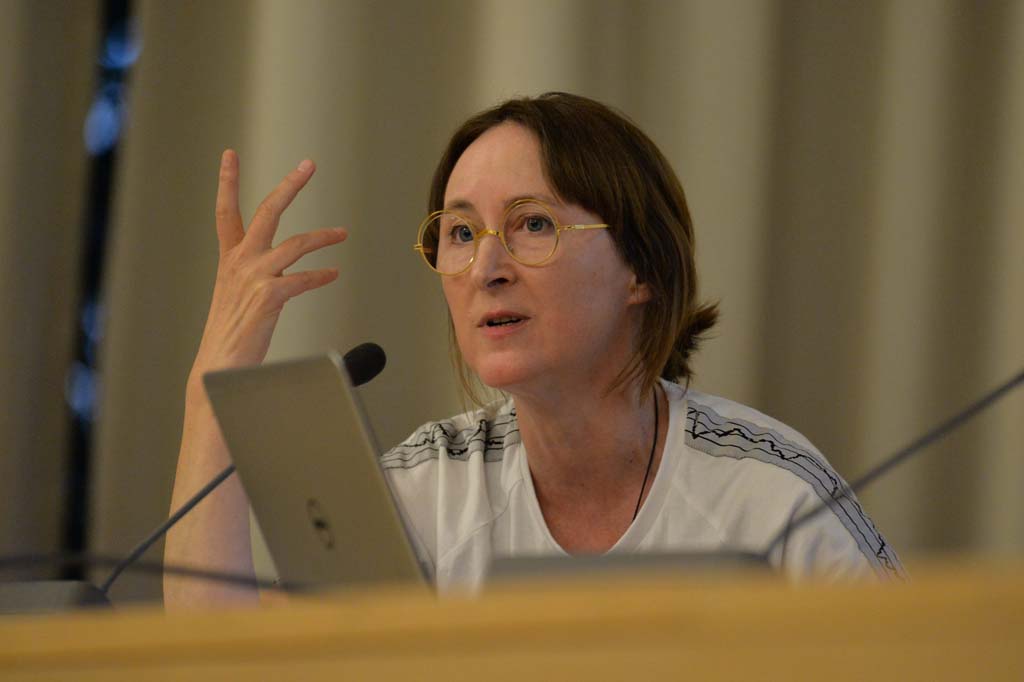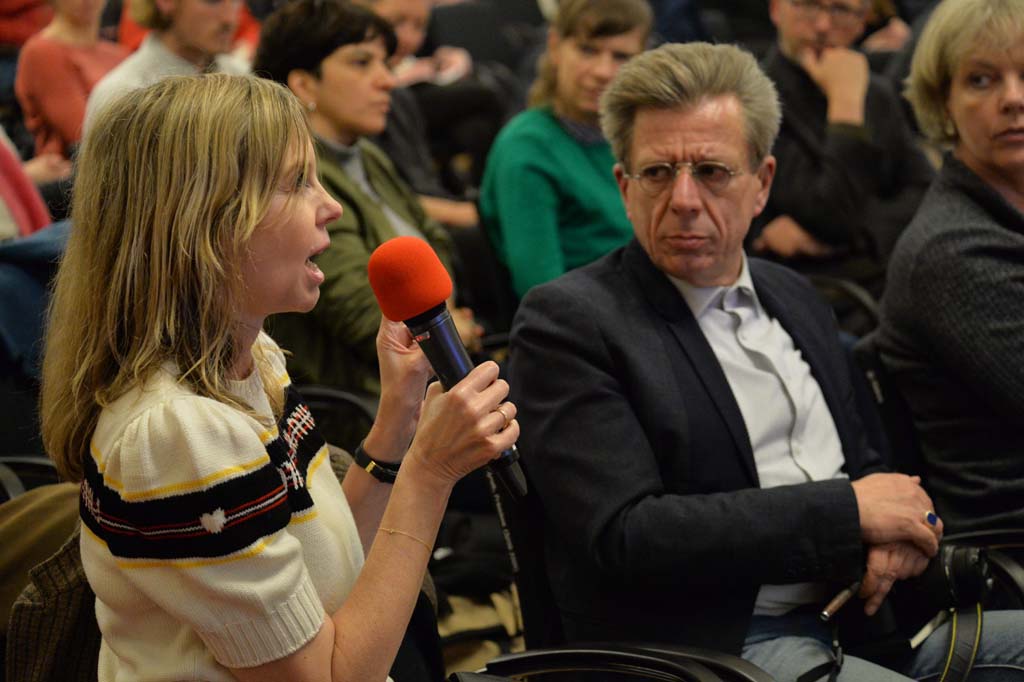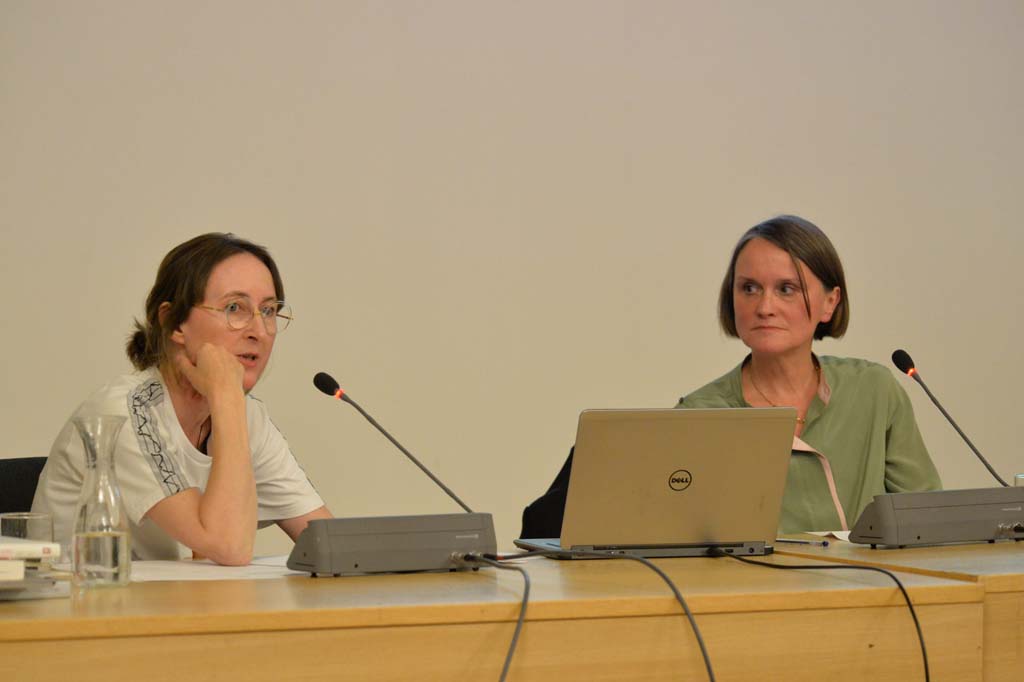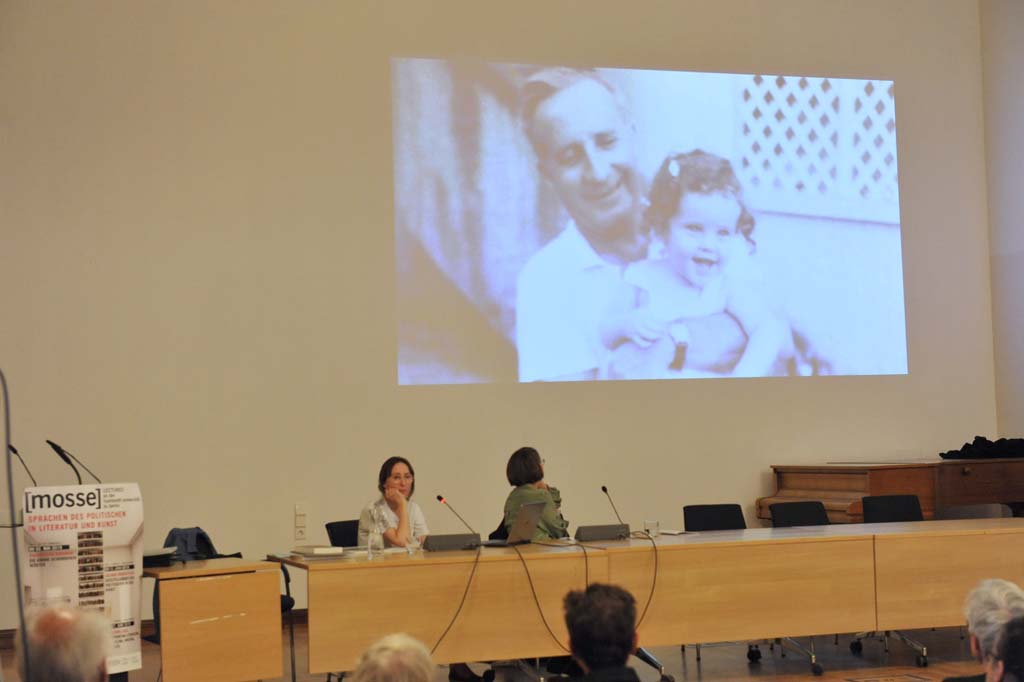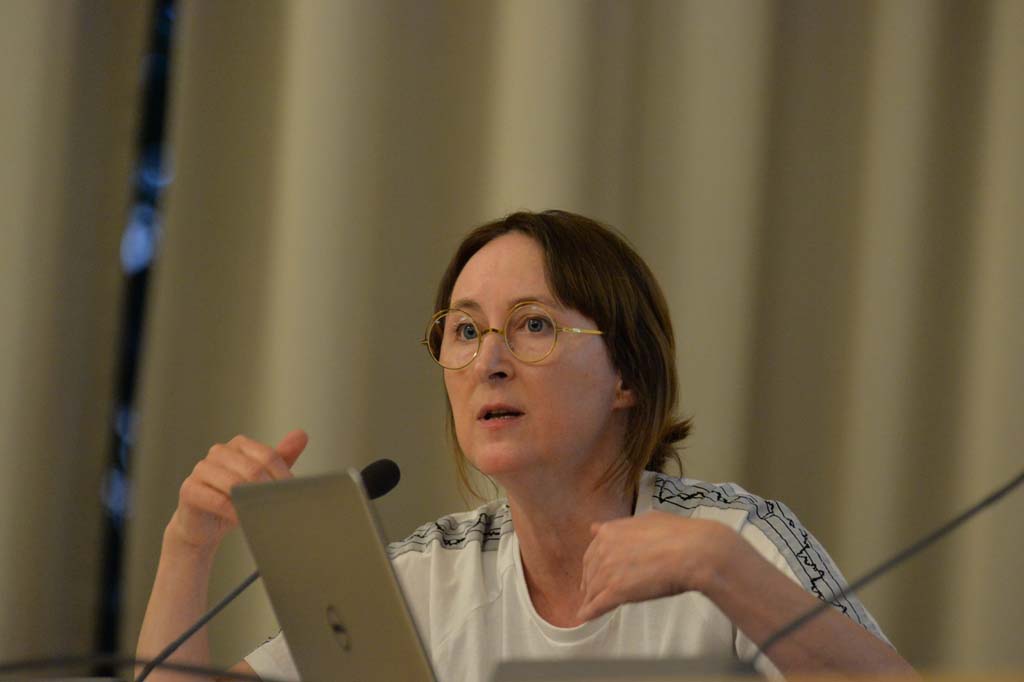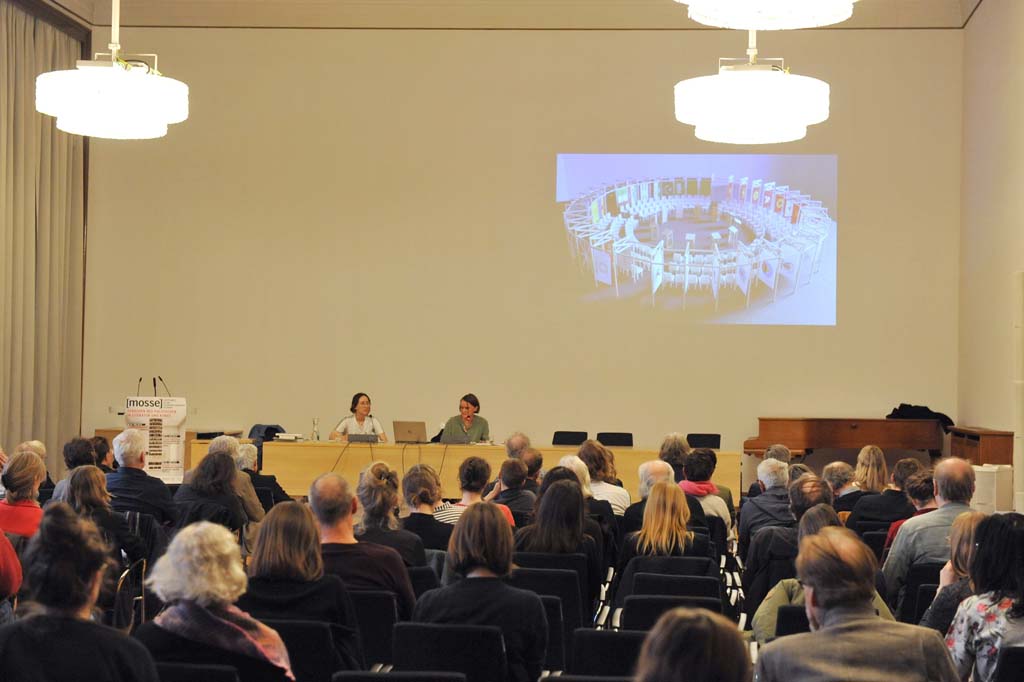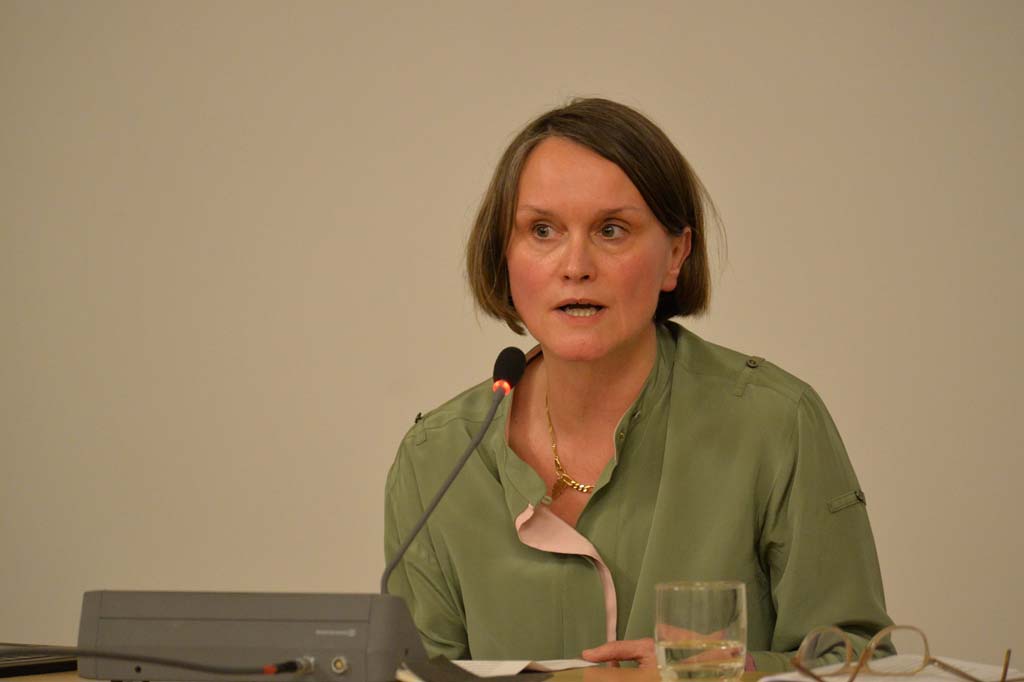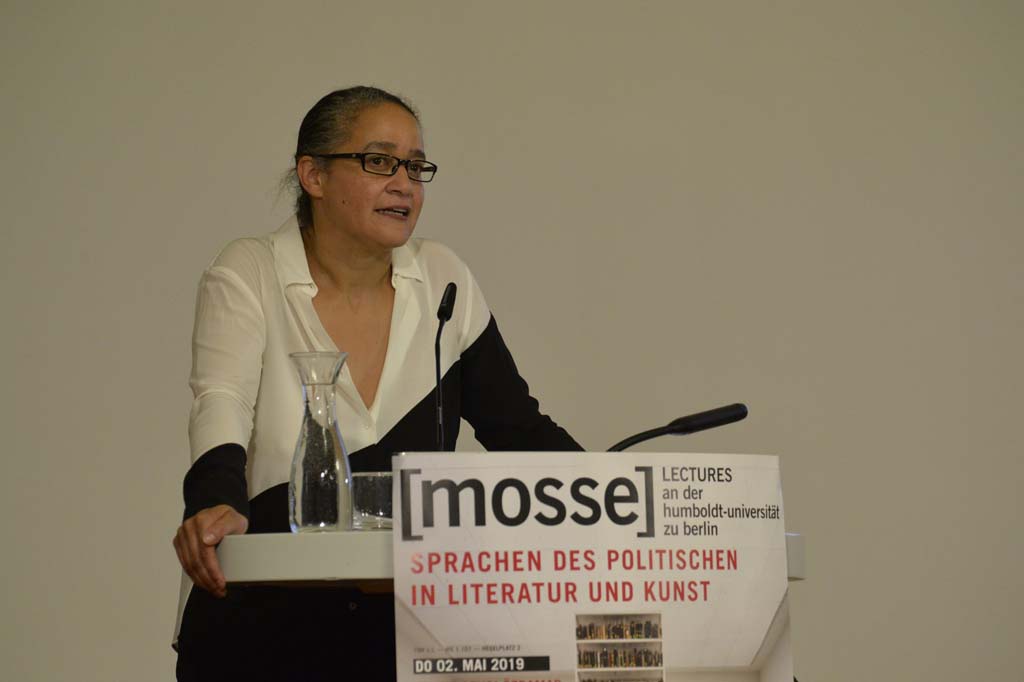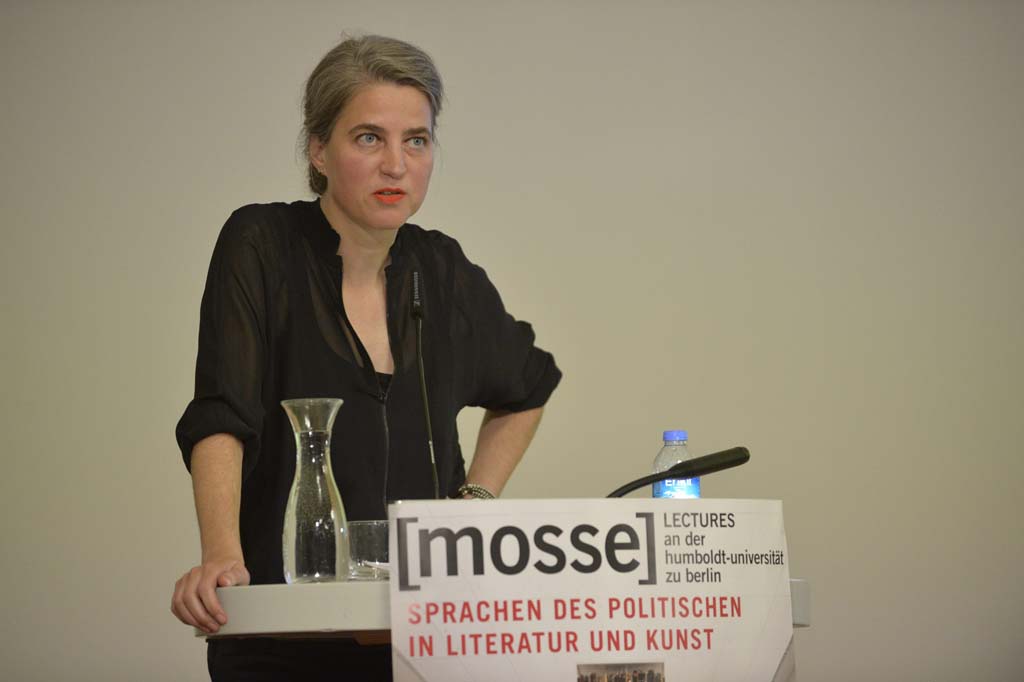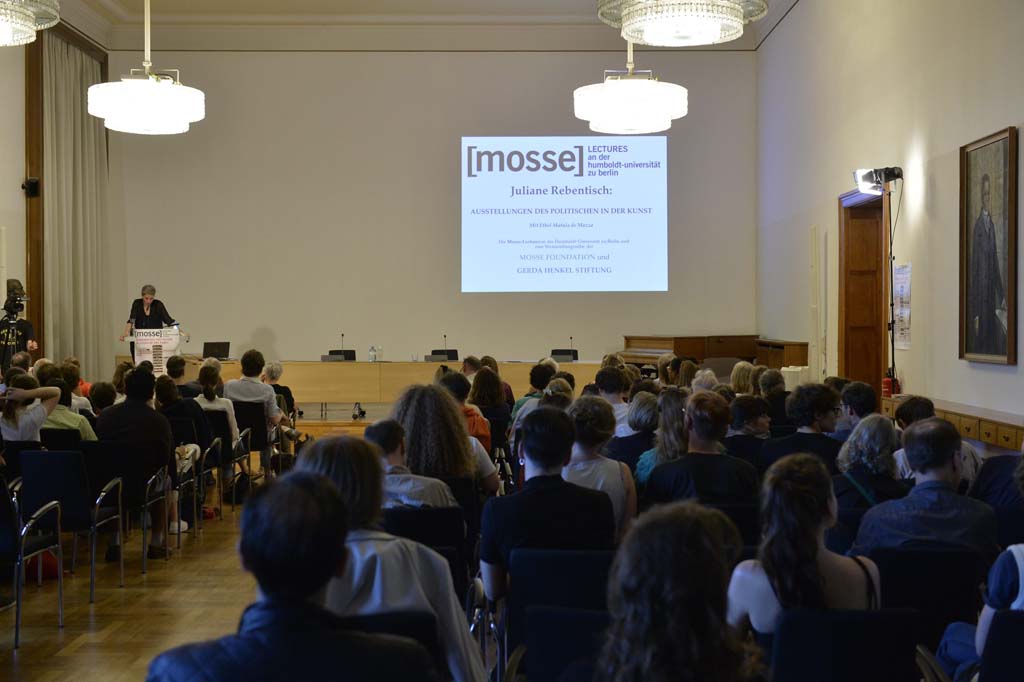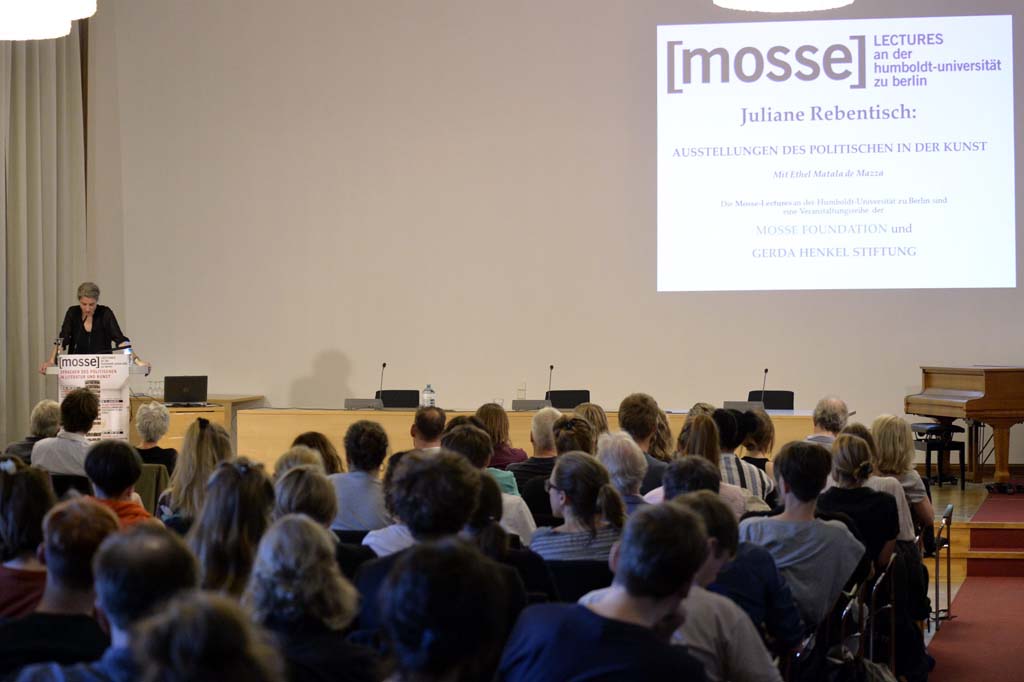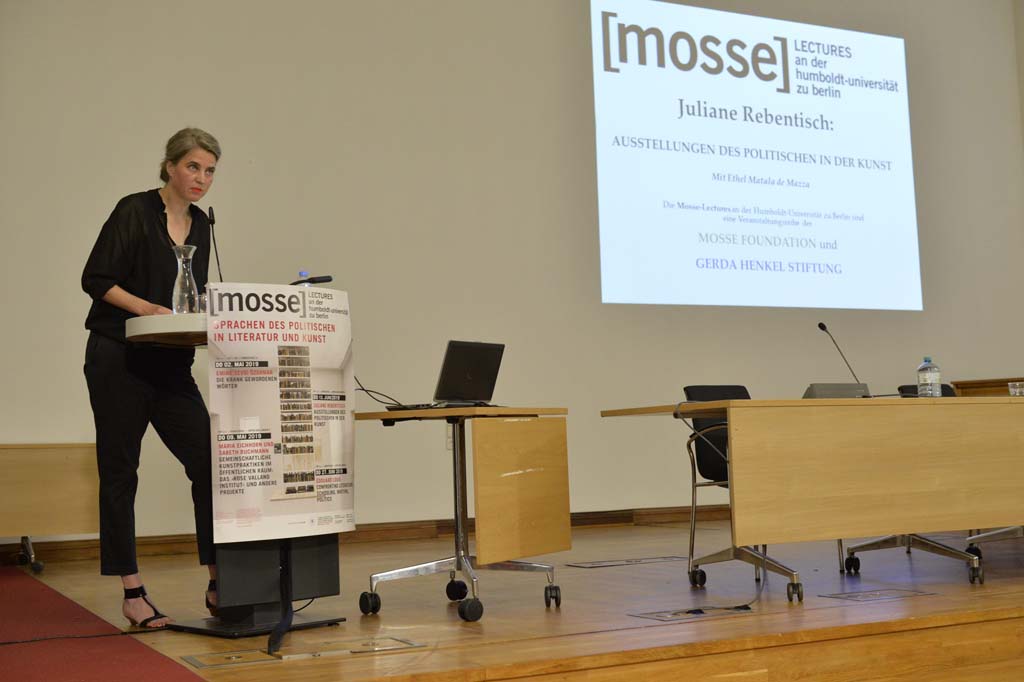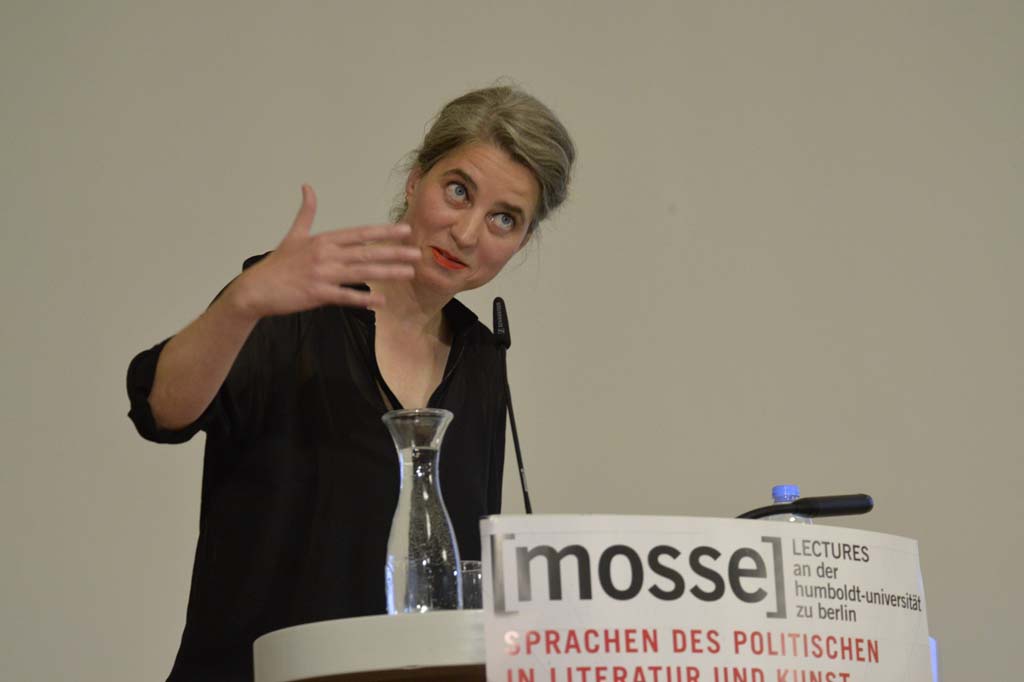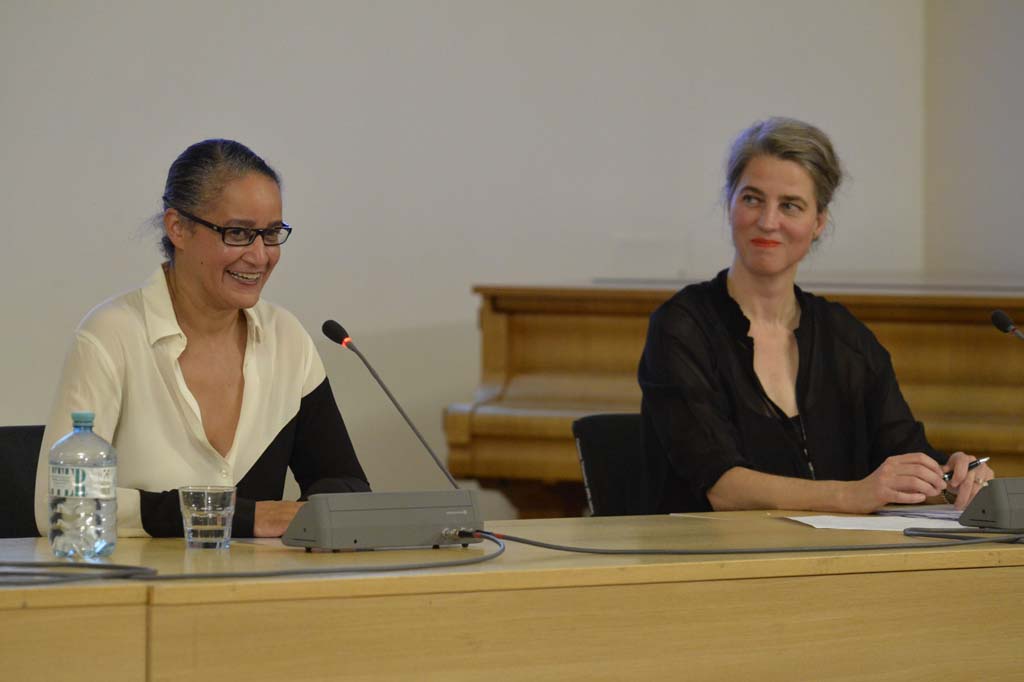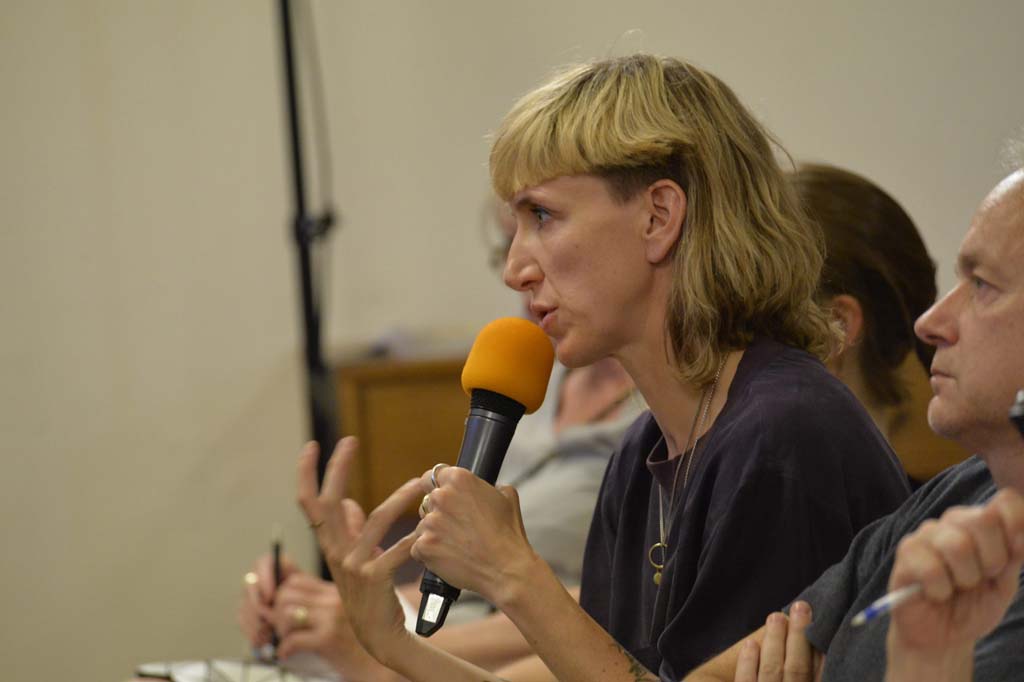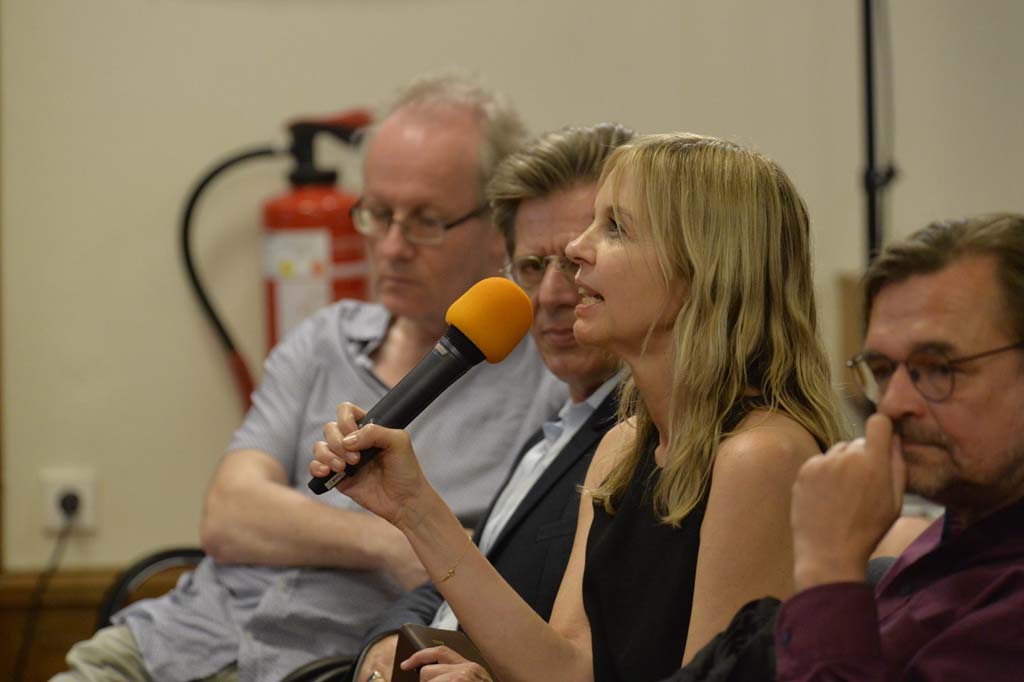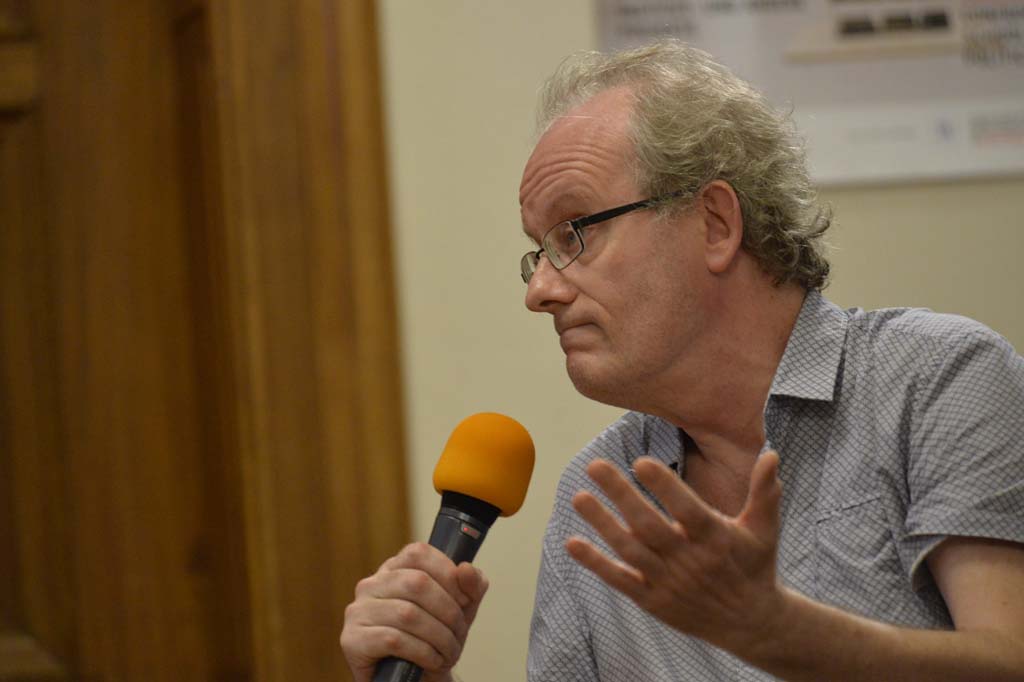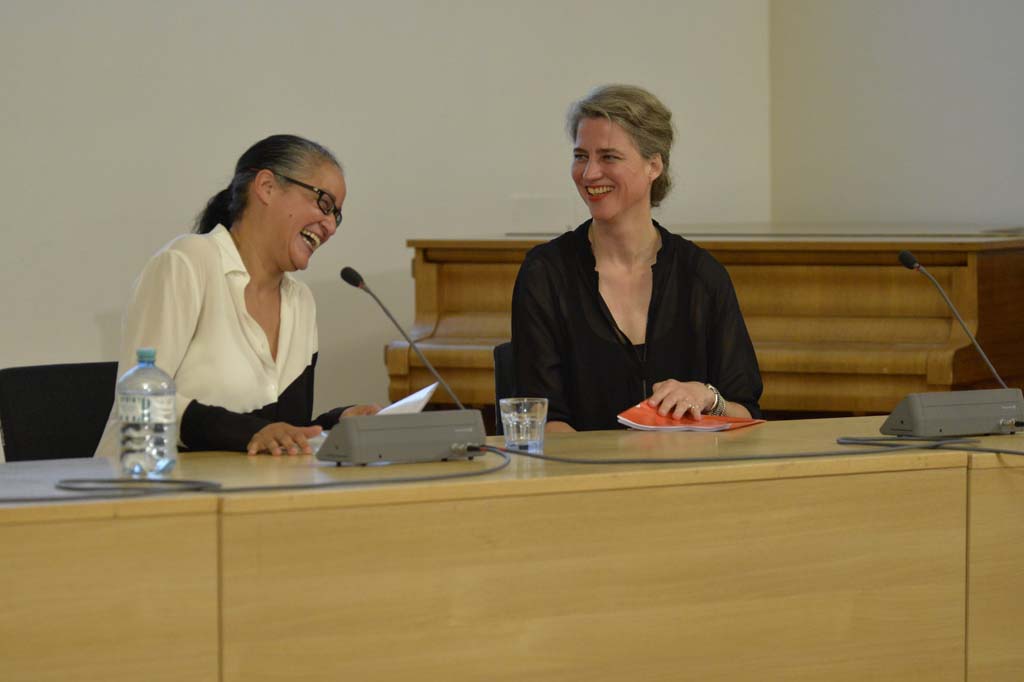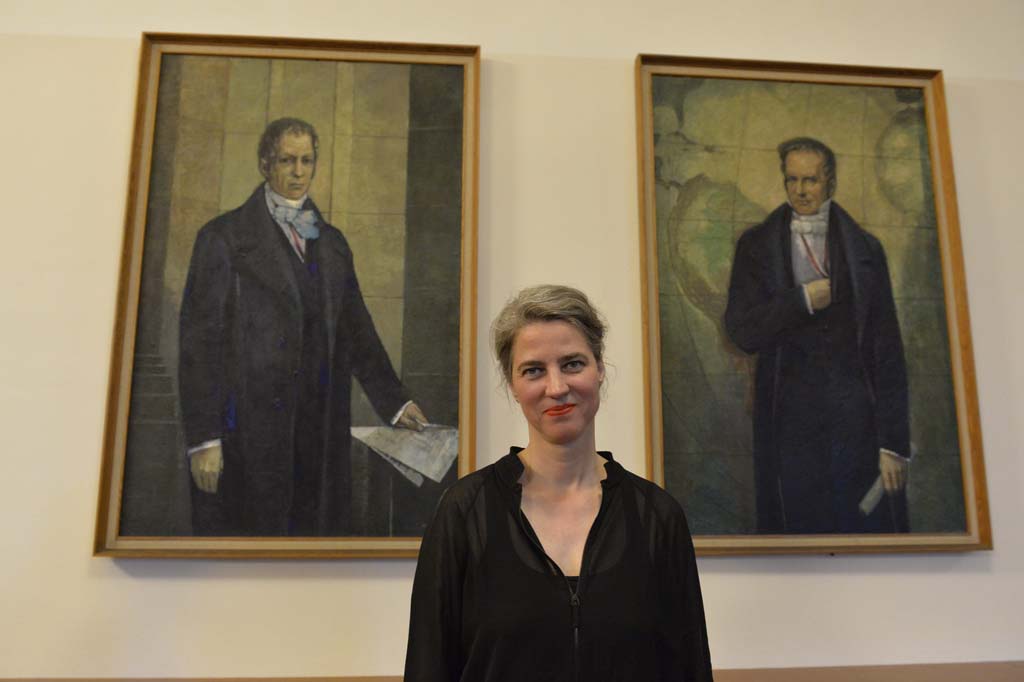The loss of trust in representative democracy and its institutions combined with multimedia disinformation campaigns nurtures the desire for active democracy and good government beyond elections: active in negotiating its own contradictions and conflicts and focused on demands for social justice and cultural identity. In contrast to politics, literature and art can articulate what Wittgenstein once called ‘the environment in which an interchange takes place’: the ‘political’ located in particularity and difference, in everyday perception and behavior. Individual experiences and events find expression in images, in body language, which addresses something intangible that can be thought or felt without being fully available. The agenda proposed by literature and art does not get exhausted in critique or compensation of prevailing Realpolitik. Beyond privileged knowledge, it rather invokes proximity to everyday experiences of alienation and discrimination, which produce gestures of rebellion and resistance, as Georges Didi-Huberman has called up in art and photography. In the current literature on memory and experience, in the narratives of Édouard Louis, writing itself becomes a site of violence and reading turns to a disturbing encounter with the unbearable and the unsayable. Interactive artistic experiments in public space destabilize self-evident and self-assured habits and convictions. The anti-capitalist investigations and interventions in the art world itself (Maria Eichhorn’s Documenta projects) find special attention. Adorno’s Aesthetic Theory with its thesis that art is both autonomous and fait social gains a new purchase today, in Juliane Rebentisch’s discussion of the political in the practices of performances and exhibitions.
- Winter Semester 2024/25
- Summer Semester 2024
- Winter Semester 2023/24
- Summer Semester 2023
- Winter Semester 2022/23
- Summer Semester 2022
- Winter Semester 2021/2022
- Summer Semester 2021
- Winter Semester 2020/2021
- Winter Semester 2019/2020
- Summer Semester 2019
- Winter Semester 2018/2019
- Summer Semester 2018
- Winter Semester 2017/2018
- Summer Semester 2017
- Winter Semester 2016/2017
- Summer Semester 2016
- Winter Semester 2015/2016
- Summer Semester 2015
- Winter Semester 2014/2015
- Summer Semester 2014
- Winter Semester 2013/2014
- Summer Semester 2013
- Winter Semester 2012/2013
- Summer Semester 2012
- Winter Semester 2011/2012
- Summer Semester 2011
- Winter Semester 2010/2011
- Summer Semester 2010
- Winter Semester 2009/2010
- Summer Semester 2009
- Winter Semester 2008/2009
- Summer Semester 2008
- Winter Semester 2007/2008
- Summer Semester 2007
- Winter Semester 2006/2007


